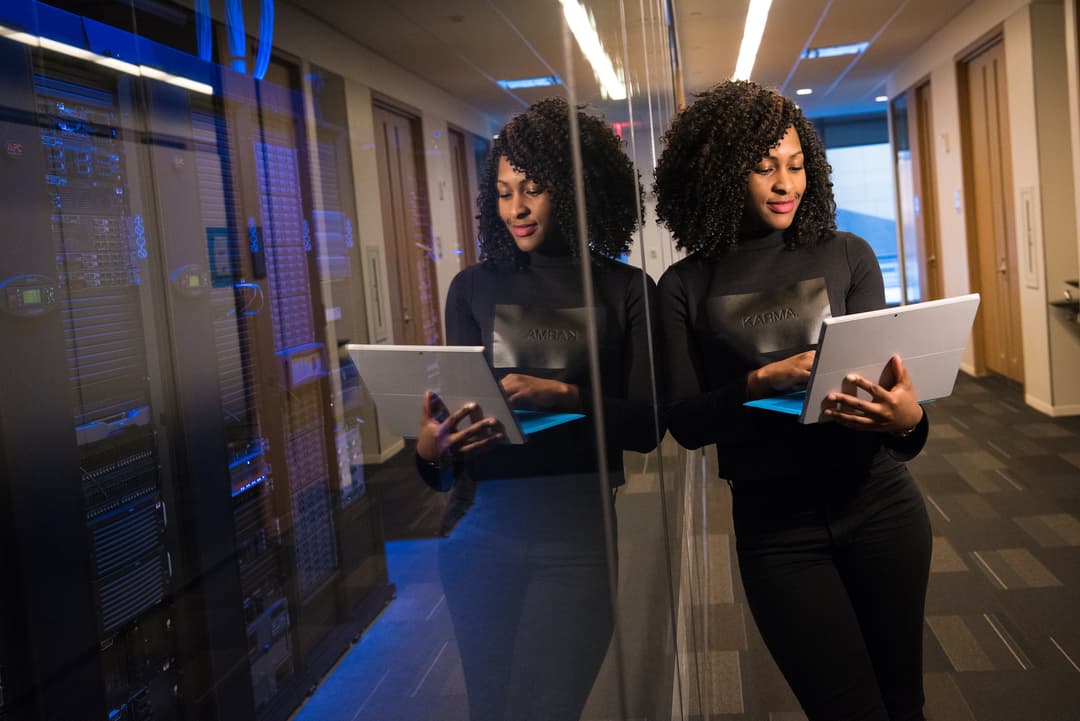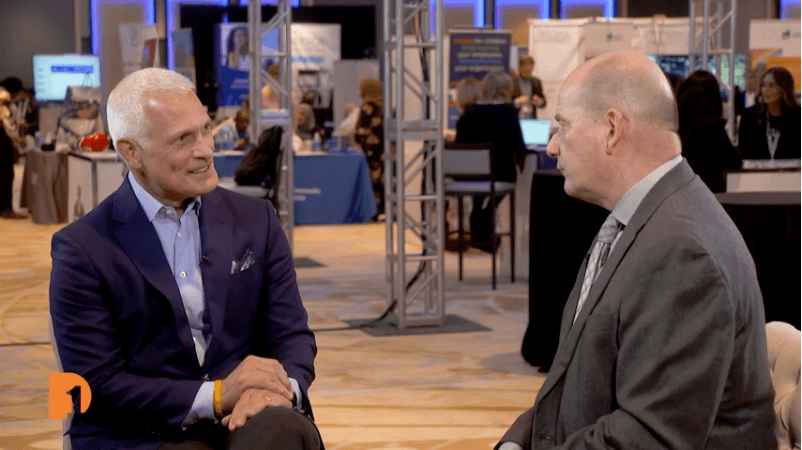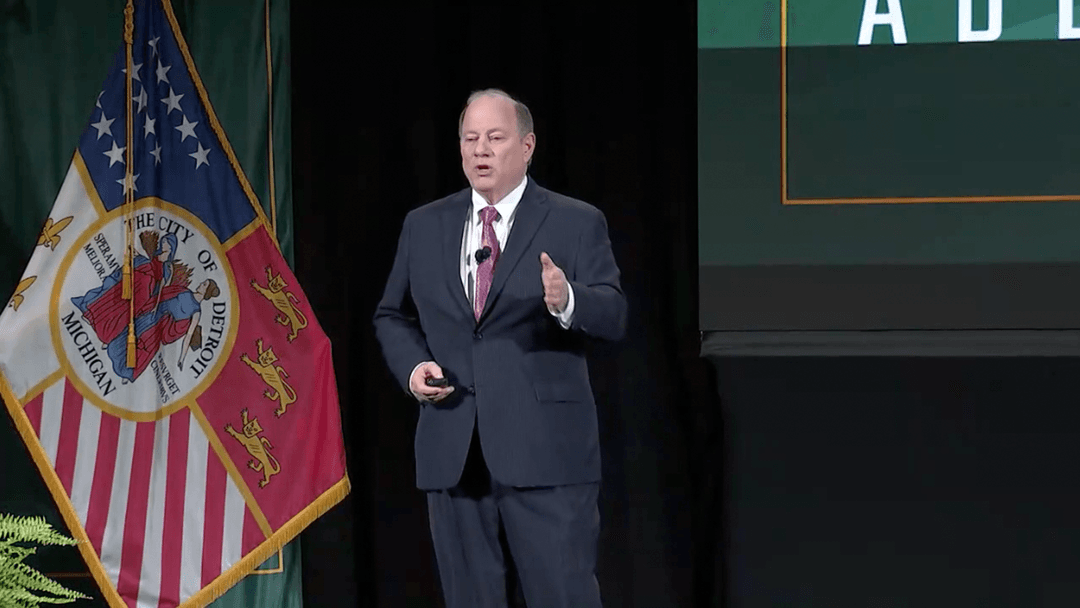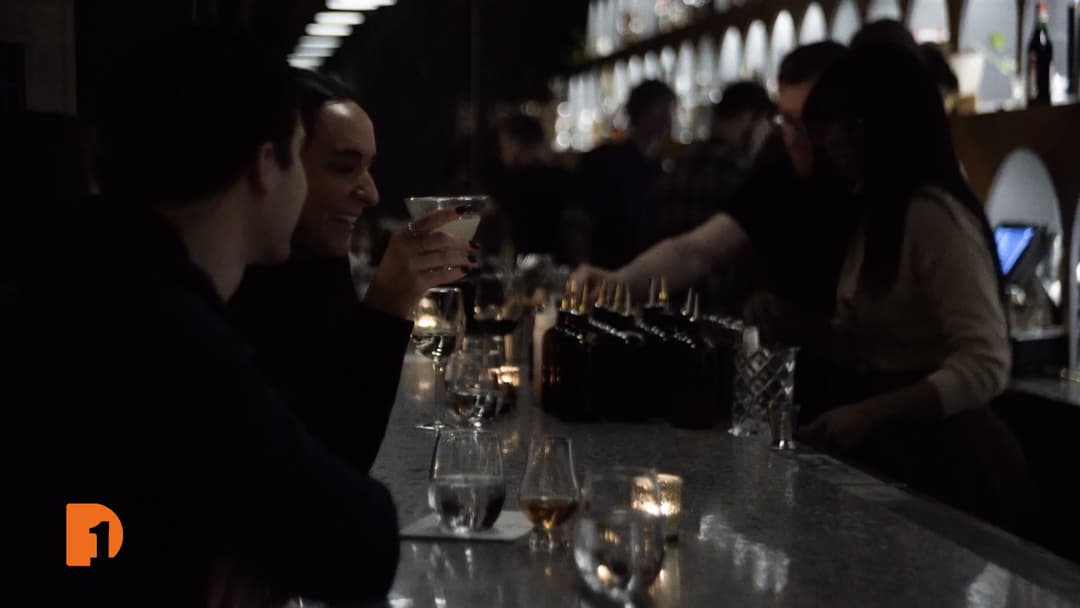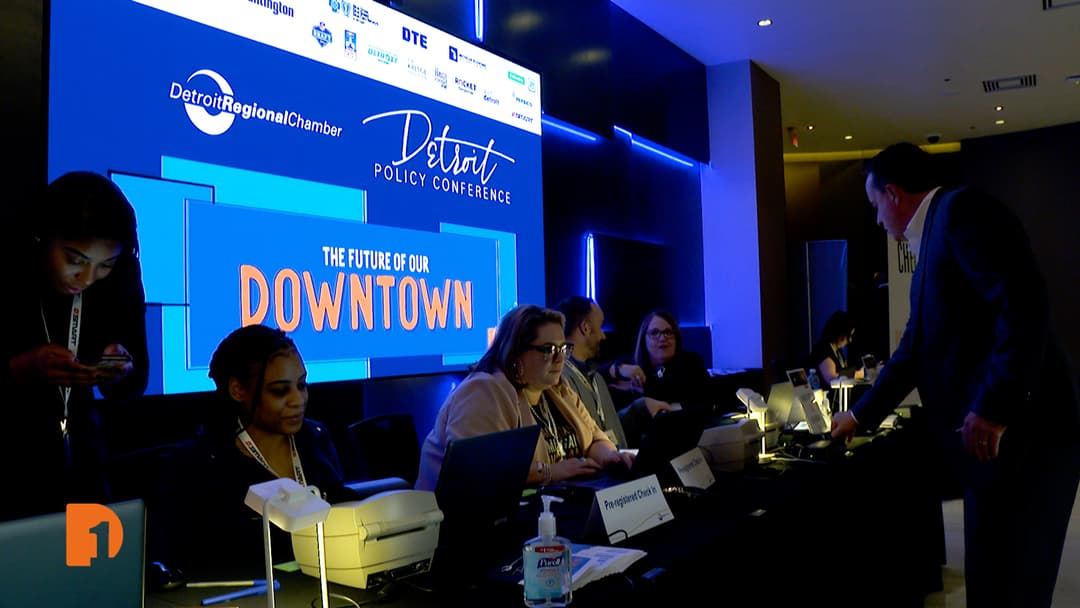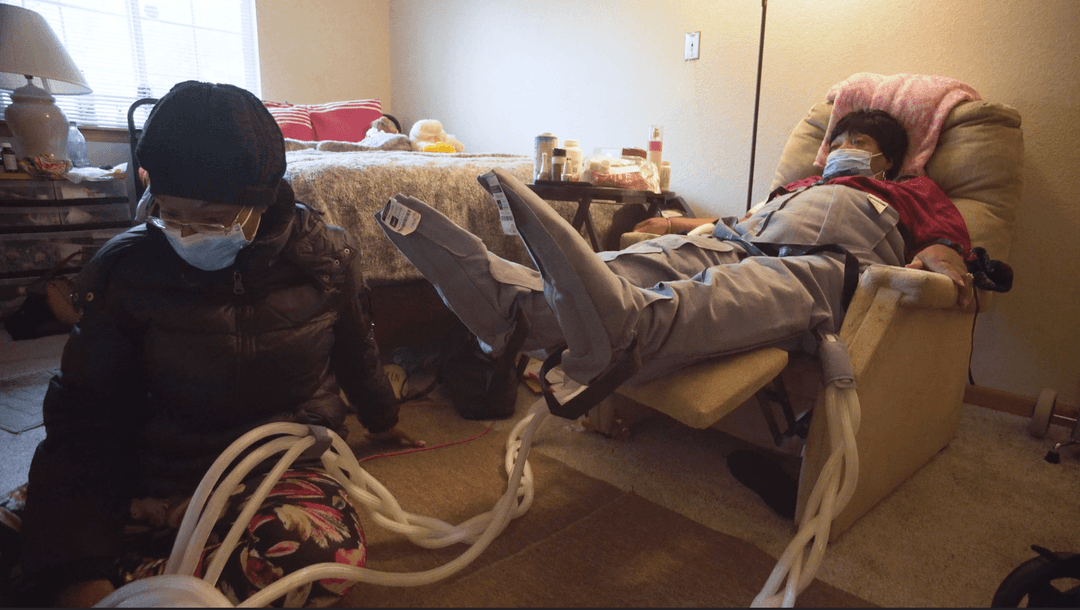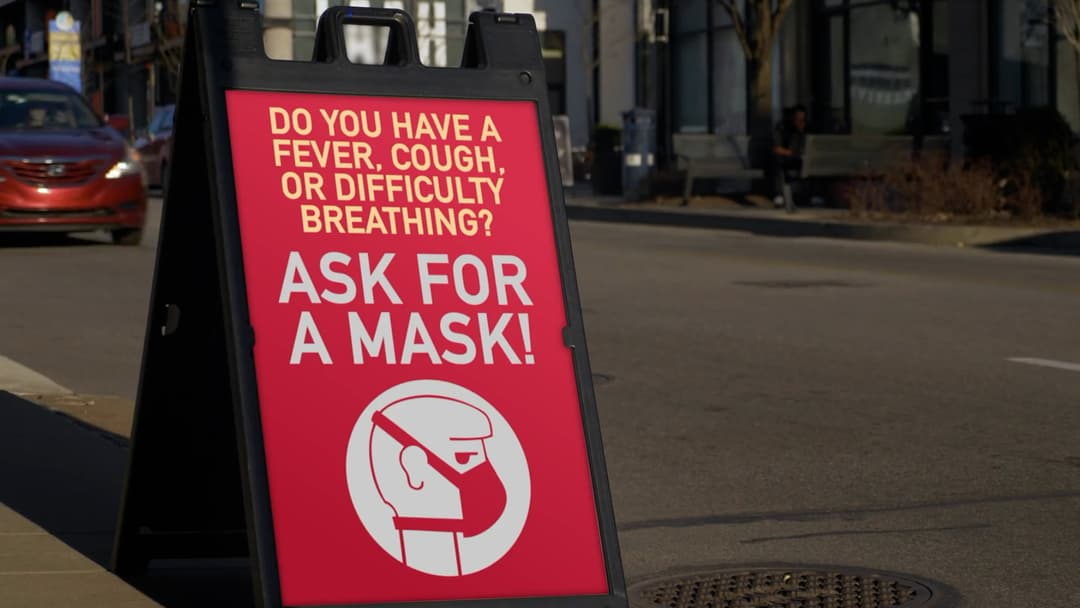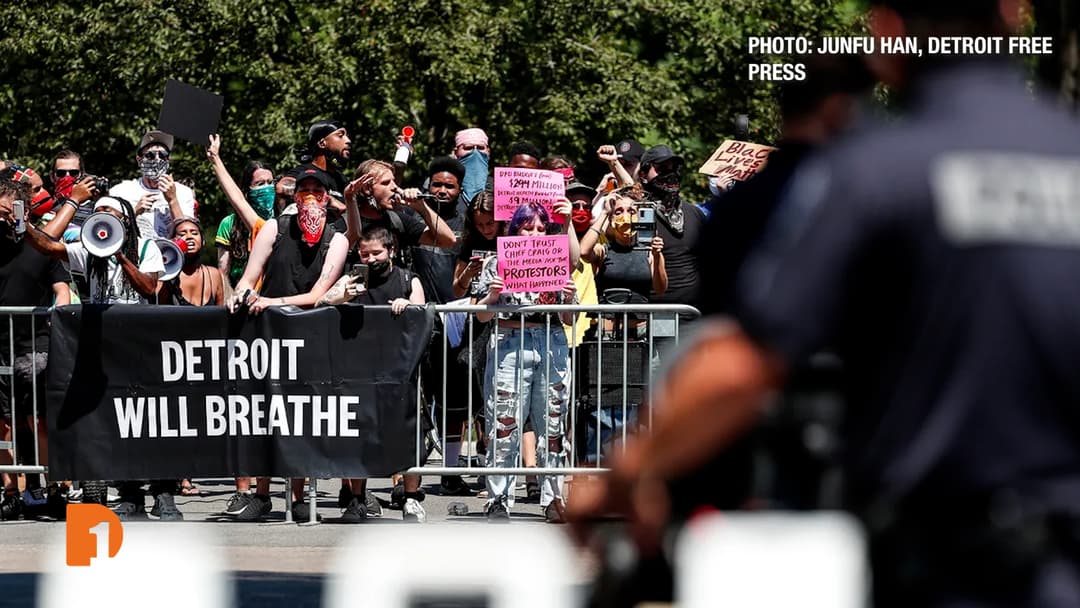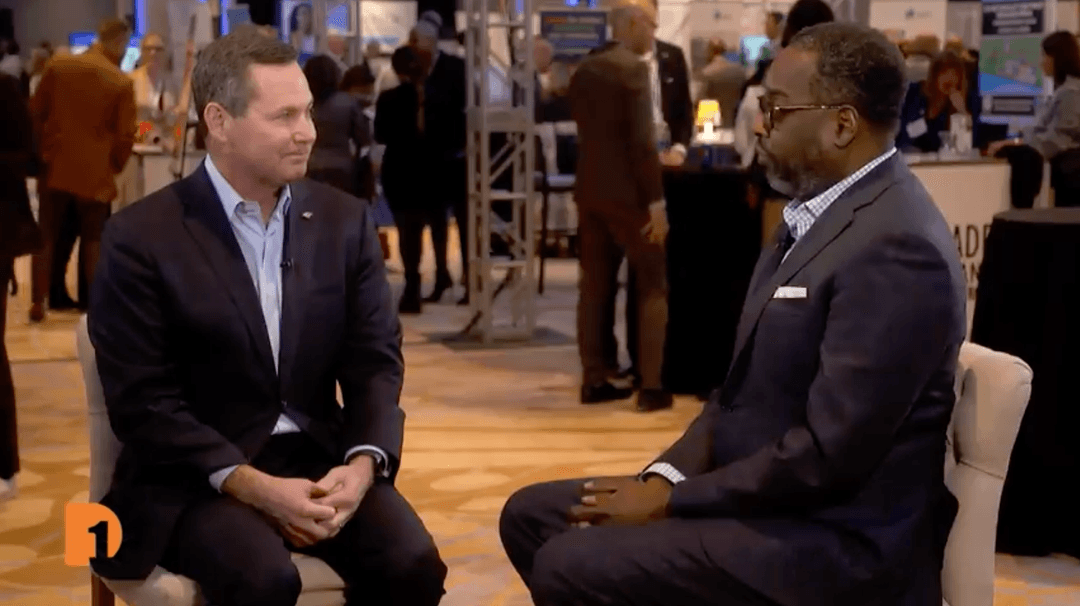COVID’s Impact on Detroit One Year After Pandemic Began
Mar 10, 2021
Detroit Mayor Mike Duggan delivered the State of the City address last night.
One Detroit contributors Nolan Finley of the Detroit News and Stephen Henderson of American Black Journal talked about how COVID has impacted where the city is headed when it comes to the tax base, housing, office space, restaurants, and mass transit.
Watch Now:
[et_pb_video src=”https://www.youtube.com/watch?v=L5KuFsUxaHw” _builder_version=”4.14.1″ _module_preset=”default” global_colors_info=”{}”]
Full transcript:
Stephen Henderson: Nolan, it was about a year ago that the world came apart and here in Detroit, the thing that I remember is all of the apprehension and uncertainty of what we should do and shouldn’t do. I remember there was a wedding that I was scheduled to attend on March 13th and all of the back and forth about whether that wedding to take place, whether people could be there together. And of course, just a few days later, the governor shut the state down and we started really feeling the effects of the pandemic a year later. I don’t think any of us could have imagined how dramatic the effects and the consequences would be for Detroit and Detroiters.
Nolan Finley: And we really still don’t know for with any kind of certainty what we can do and what we can’t do and be safe. I think, fortunately, the vaccines are moving through and we’re on pace to get pretty widespread vaccination by summertime. If you think about the way Detroit was impacted early on, the extraordinarily high infection and death rates in Detroit and, you know, the state made a pretty good response to that because that sort of equaled out as the year went on. But it should be some sort of clarion call going forward to improving access to health care in the city. I think the other thing, Steve, and I’d like to hear your thoughts on it is what happens to the sort of that robust comeback Detroit was undergoing at the start of the pandemic. What will happen with all of this office space, what happens to transit? What happens to the once vibrant, beginning to be vibrant entertainment scene?
Stephen Henderson: Yeah, I was downtown last week just to be down there, and I was stunned at how different it is.
It feels like Detroit two thousand seven or eight, not Detroit 2020 or 2021. You know, the we were just on the edge I feel like of really having that critical density that that we were trying to build downtown in terms of both working and entertainment. And this just sucks the wind out of that. I don’t know how much of that comes back, I think. And that has implications for all kinds of other areas of the city as well.
I think that if you’re the mayor or the council is what are your primary concerns going forward is how do you rebuild that that momentum?
I also feel like we’re not quite there as Detroiters because, you know, the personal toll of this in Detroit is just different than it was other places, as you point out. And we continue to lose people. You know, I’m up to 13 now people that I knew who died from COVID. It’s just unfathomable how many people won’t be around.
Nolan Finley: I was just gathering up my dry cleaning when it hit me, ‘Oh, my dry cleaner died a few weeks ago. I don’t have a dry cleaner anymore.’ But if you look in Detroit at all this commercial space that went online over the last couple, three years, we don’t know that people are going to be returning to work spaces in the manner they worked before the pandemic. We’ve learned a lot about what’s what, how people need to be deployed and what’s possible so we can do through a remote workforce. I think that very expensive downtown office space is now vulnerable because, again, a lot of money was spent developing it and it hasn’t been paid for yet, and you can say well, we’ll convert that into residential space, but that’s a big expense.
Stephen Henderson: You know, a year ago you had to get on a waitlist to get an apartment in downtown Detroit. Right now, you can get an apartment tomorrow and they’ll cut the rental by 25, 30 percent an incentive. The entire premise for density, which is what we were trying to build down there, looks different now. And, you know, for us it means more because we were just getting to the point.
Nolan Finley: We were just there. I would just say that you don’t hear anybody talking about mass transit now. And there’s no certainty about where that’s going to go, because if the commuter workforce is gone, the case for a very expensive, comprehensive mass transit plan is harder to make.
I think there’s a lot of things we’re going to find here over the next few months that just will never be normal again.
Subscribe to Detroit PBS YouTube Channel & Don’t miss American Black Journal on Tuesday at 7:30 p.m and Sunday at 9:30 a.m. on Detroit PBS, WTVS-Channel 56.
Catch the daily conversations on our website, Facebook, Twitter and Instagram @amblackjournal.
View Past Episodes >
Watch American Black Journal on Tuesday at 7:30 p.m. and Sunday at 9:30 a.m. on Detroit Public TV, WTVS-Channel 56.
Stay Connected
Subscribe to One Detroit’s YouTube Channel.
Catch the daily conversations on our website, Facebook, Twitter, and Instagram @detroitperforms
Related Posts
Leave a Reply
Your email address will not be published. Required fields are marked*

